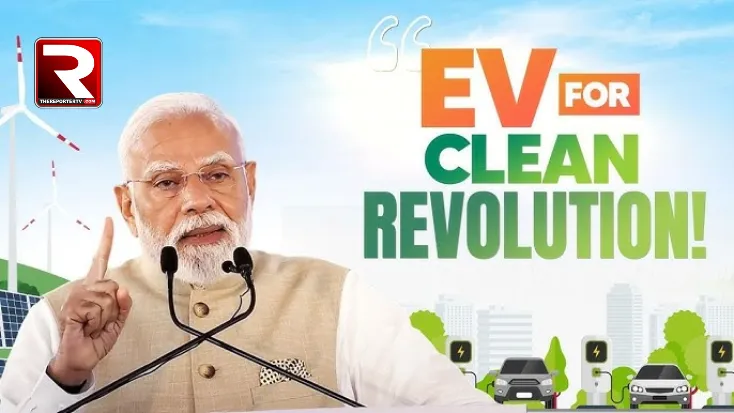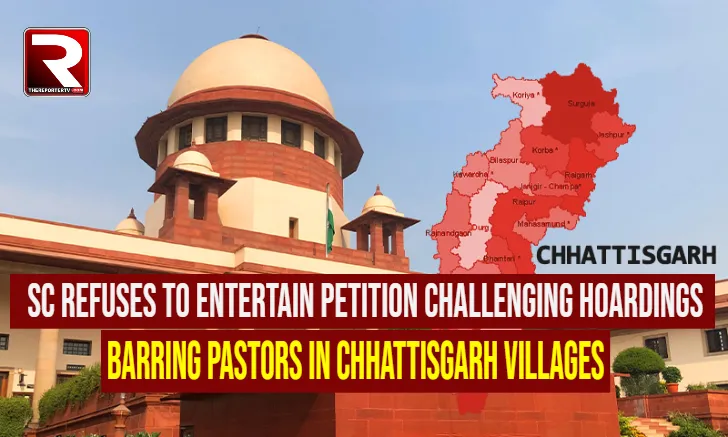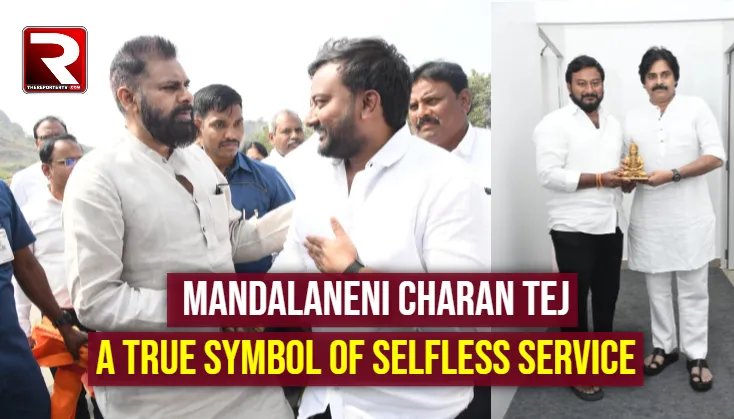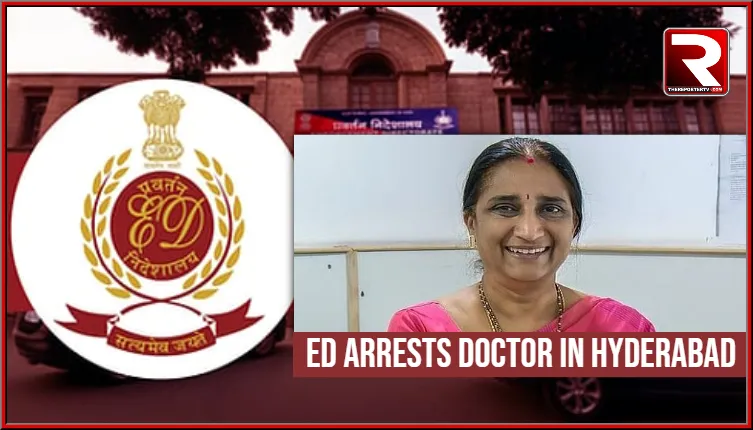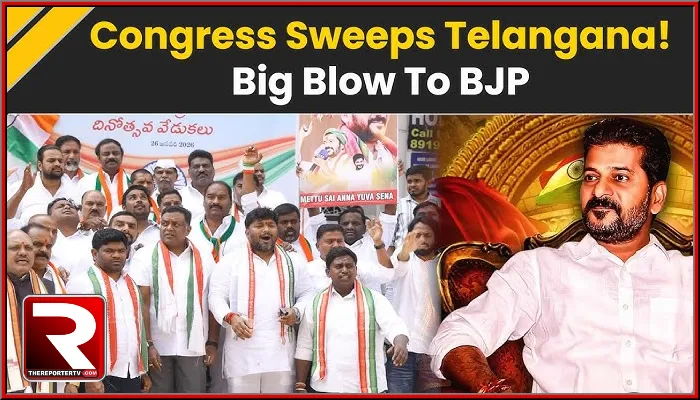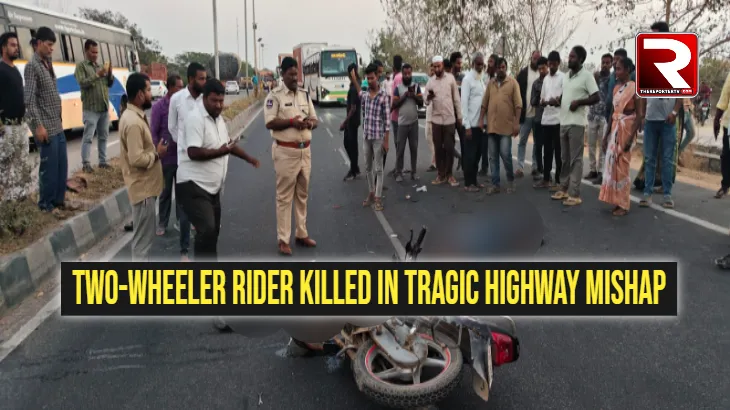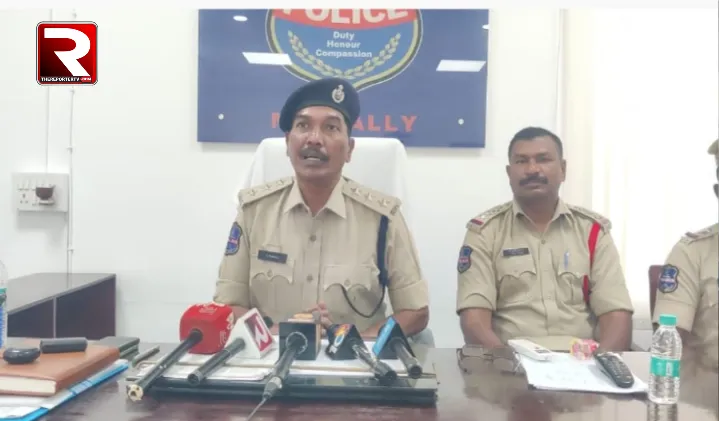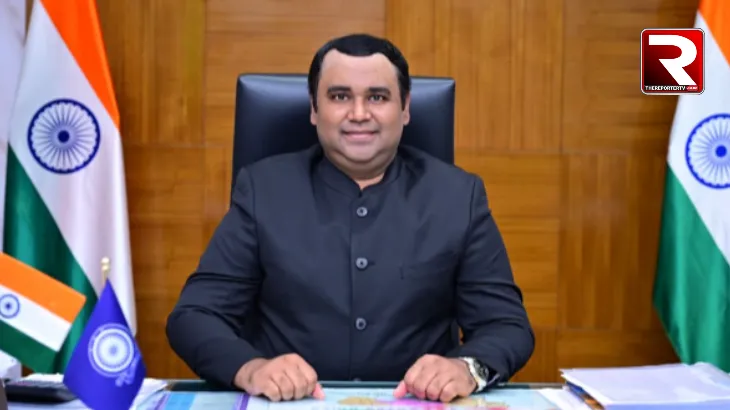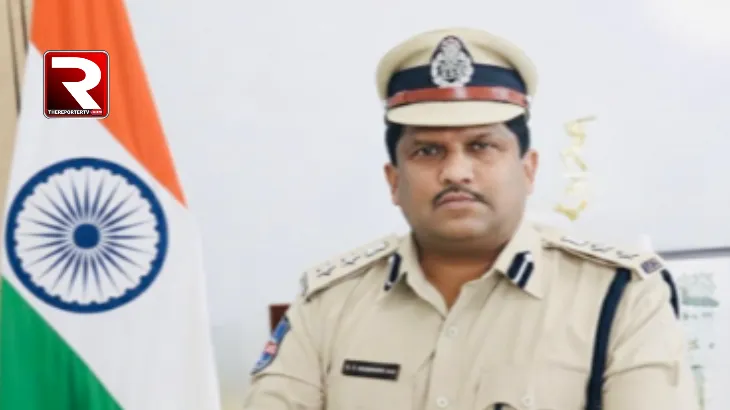Ahmedabad, Aug 26 – Prime Minister Narendra Modi on Tuesday inaugurated the localised production of hybrid battery electrodes and flagged off Battery Electric Vehicle (EV) exports to 100 countries from Hansalpur in Ahmedabad, declaring a significant milestone in India’s journey toward becoming a global clean energy and manufacturing hub.
Speaking at the event, PM Modi underscored India’s growing leadership in clean energy and electric mobility, while highlighting the strengthening of India-Japan economic and technological ties.
“India has a demographic advantage and a skilled workforce. This makes it a win-win situation for any investment,” the Prime Minister said, citing Suzuki’s example of manufacturing cars in India and exporting them to Japan. “This showcases the strength of our relationship with Japan and the trust global firms have in India.”
He hailed Maruti Suzuki as a “brand ambassador of India,” noting it as the country’s biggest car exporter. “From today, EVs rolling into global markets will carry the tag ‘Made in India’,” he announced.
EV Batteries No Longer Fully Imported
Acknowledging India’s past reliance on imports for EV batteries, PM Modi highlighted a major shift in strategy. “Earlier, we imported batteries, but now we are manufacturing them here. Three Japanese companies have come together to produce battery cells and electrodes in India. This will energise our EV mission and boost the hybrid vehicle market.”
The Prime Minister emphasized that electric vehicles are more than just an alternative—they are a solution to environmental and economic challenges. “EVs reduce pollution and offer a sustainable path forward,” he said, referencing a successful pilot to convert old vehicles—including ambulances—into hybrid models during his visit to Singapore.
Economic Reforms Bearing Fruit
Reflecting on the past decade, Modi attributed current progress to the economic reforms and policies implemented since 2014. “The ‘Make in India’ campaign, new industrial corridors, logistic parks, and investor-friendly reforms have borne fruit. Today, electronic manufacturing has increased 500% in ten years,” he stated.
He also urged state governments to be proactive and competitive. “This is an age of competition. States with clean and clear policies will attract more investment. The world is watching India—every state should contribute by fostering development.”
Focus on High-Tech and Critical Minerals
Looking ahead, PM Modi announced ambitious plans in high-tech manufacturing, including semiconductor plants and critical minerals.
“India won’t stop here. We are entering the semiconductor sector, with six plants nearing completion. We’ve launched the National Critical Mineral Mission to explore rare earth minerals, essential for next-gen technologies.”
Strengthening India-Japan Relations
Reaffirming the deep-rooted ties between India and Japan, Modi called the bilateral relationship one of trust and shared vision. “This journey began with Maruti Suzuki and is now moving at bullet train speed. India-Japan relations are historical, cultural, and strategic.”
Recalling his tenure as Gujarat Chief Minister, Modi shared how he paid attention to the finer details of the partnership. “From Japanese food to golf courses, to teaching Japanese in schools—I made sure Japanese guests felt at home during the Vibrant Gujarat Summit.”
Conclusion
In closing, Prime Minister Modi declared, “India and Japan are made for each other. With our strong partnership and forward-thinking policies, India is poised to become a global hub of clean energy and advanced manufacturing.”
The inauguration marks a landmark in India’s green mobility revolution and strengthens its position on the global clean-tech stage.


